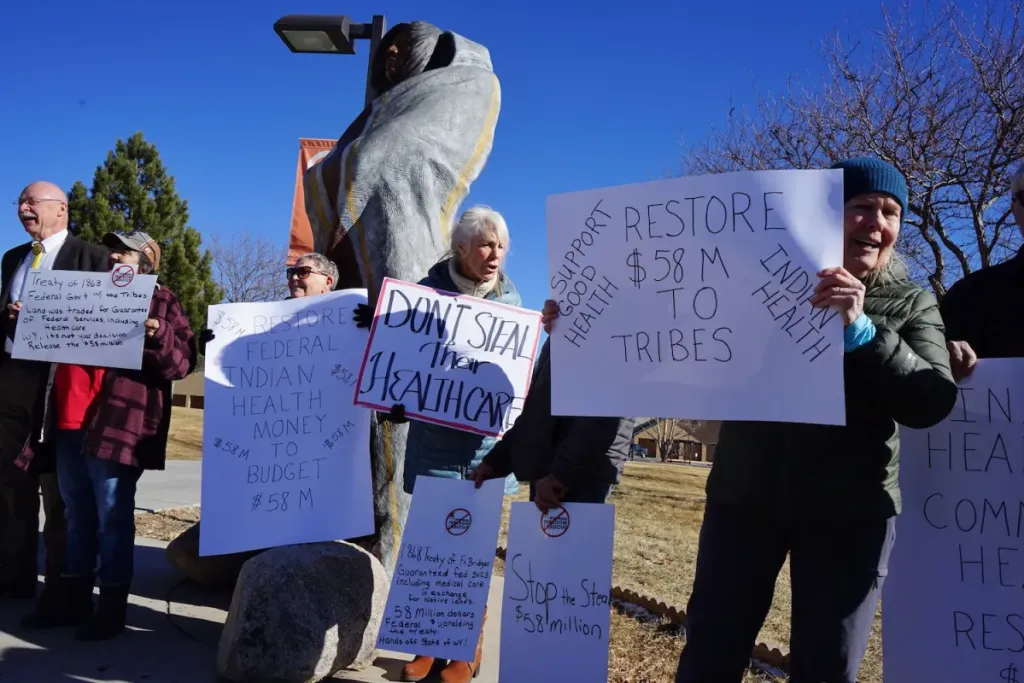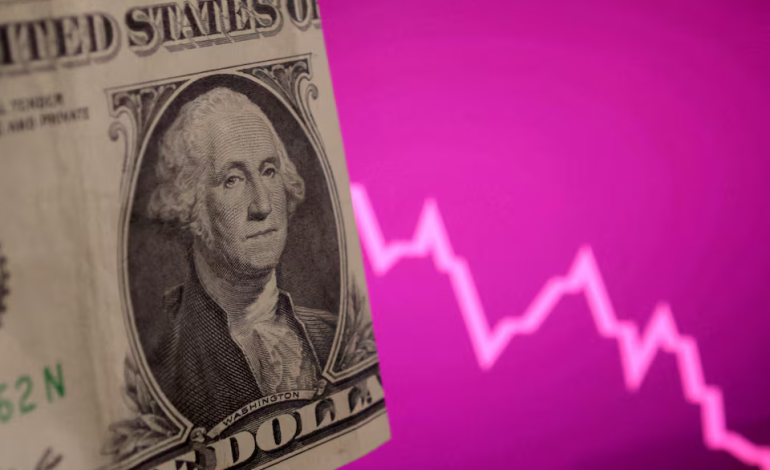US multinational corporations are adjusting their foreign exchange (FX) risk strategies in response to growing volatility in global currency markets, prompted by tariff measures introduced by the Trump administration, Reuters reports.
Specifically, many firms are extending the duration of their currency hedges, seeking to safeguard future cash flows against persistent exchange rate fluctuations.
The shift in approach reflects heightened uncertainty surrounding the longevity and scope of current tariff policies, as well as broader concerns about global trade stability, a potential economic slowdown, and continued weakness in the US dollar.
Following President Donald Trump’s announcement on April 2 of steeper-than-expected global tariffs, FX markets experienced a sharp uptick in volatility. According to bankers and hedging consultants, this spike left some hedging positions under strain and prompted a broader reevaluation of currency risk management strategies.
“In recent days, we’ve seen a notable uptick in clients extending their hedges to the maximum available tenor, aiming to secure longer-term protection,” said Eric Huttman, CEO of MillTechFX.
Where companies previously focused on short-term FX risk, many are now looking two to five years ahead. Garth Appelt, head of FX and emerging markets derivatives at Mizuho Americas, noted that concerns about a weakening dollar—one of the key market reactions to the tariff announcements—are leading clients to hedge further out.
While a weaker dollar can benefit US exporters by making their goods more competitively priced abroad, the accompanying market volatility and global economic uncertainty have spurred companies to increase their risk mitigation efforts. A temporary 90-day exemption from some tariffs (excluding China) has not alleviated downward pressure on the dollar or calmed the FX markets.
The euro, in particular, has gained strength, reaching a three-year high against the dollar. This has led some US businesses, particularly those with European operations or procurement needs, to pivot toward more flexible hedging instruments such as options.
“Several clients were initially focused on refining strategies for Canadian and Mexican exposure,” said Paula Comings, head of FX sales at US Bank. “But with the euro’s recent rise, there’s been a noticeable shift in attention.”
The increased volatility has also made near-term hedging more expensive. According to LSEG data, volatility expectations for one-month and three-month at-the-money options have jumped 72% and 46%, respectively, since the April 2 announcement. In contrast, two-year EUR/USD options rose by just 23%, making longer-dated instruments relatively more attractive.
“Extending the duration of hedges offers protection against currency swings without locking in short-term gains or losses,” explained Simon Lack, head of investment solutions at MillTechFX.
Companies are also exploring hedging structures that provide flexibility in execution. Instruments like window forwards, which allow for a broader timeframe to exchange currency, and zero-cost collars, which offer downside protection without upfront costs, are gaining traction.
Options-based strategies are increasingly popular, as they allow firms to delay decisions amid continued market uncertainty.
“There’s a benefit to using options right now,” said Bob Stark, global head of enablement at Kyriba. “You don’t need to decide today what tomorrow will bring—which is valuable, given how unpredictable things are.”










The latest news in your social feeds
Subscribe to our social media platforms to stay tuned